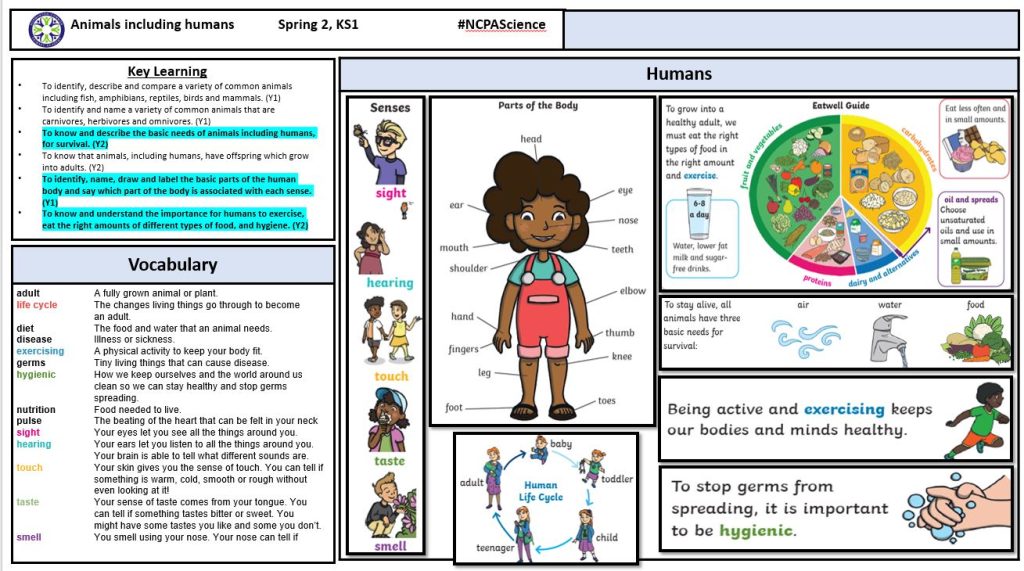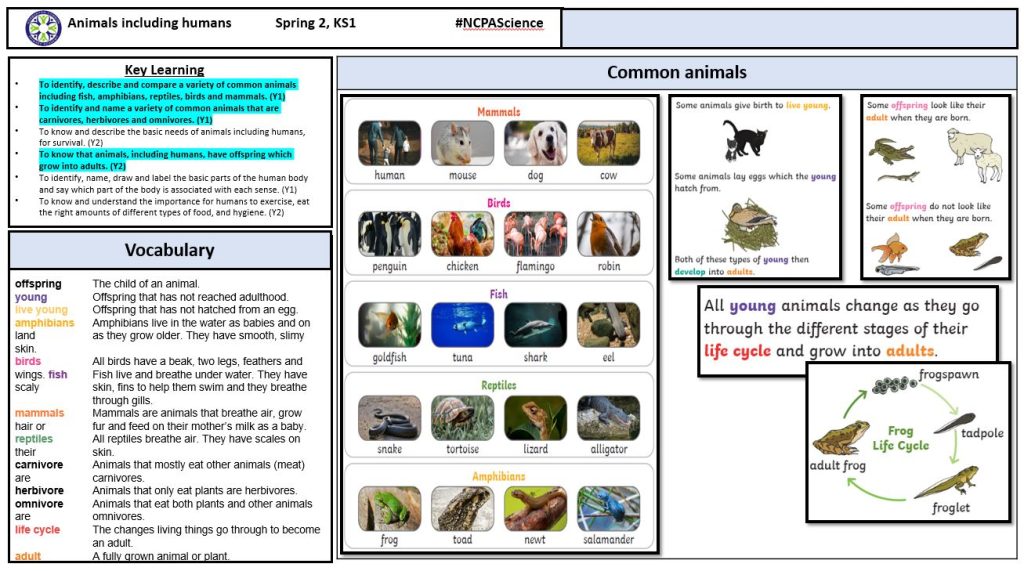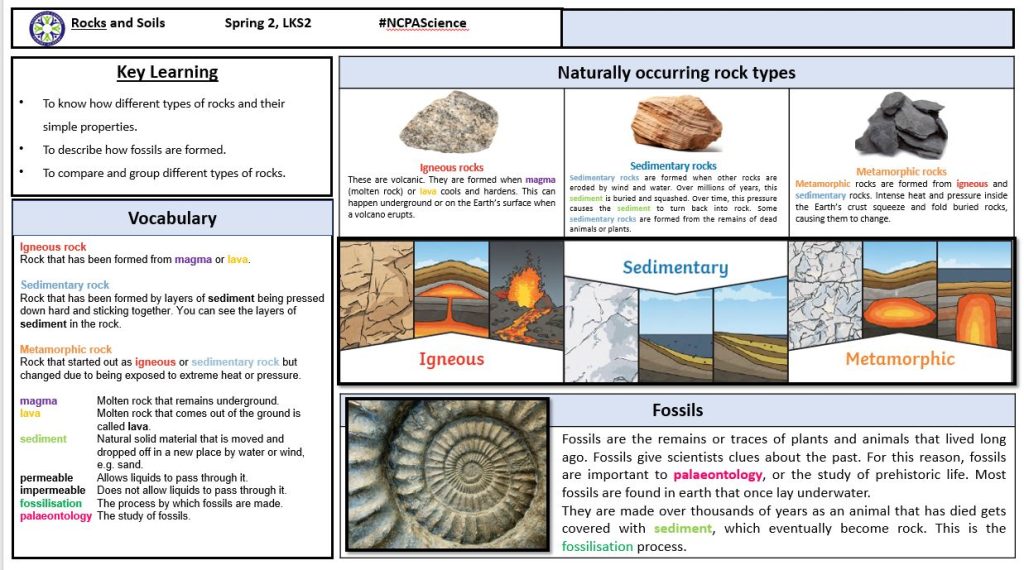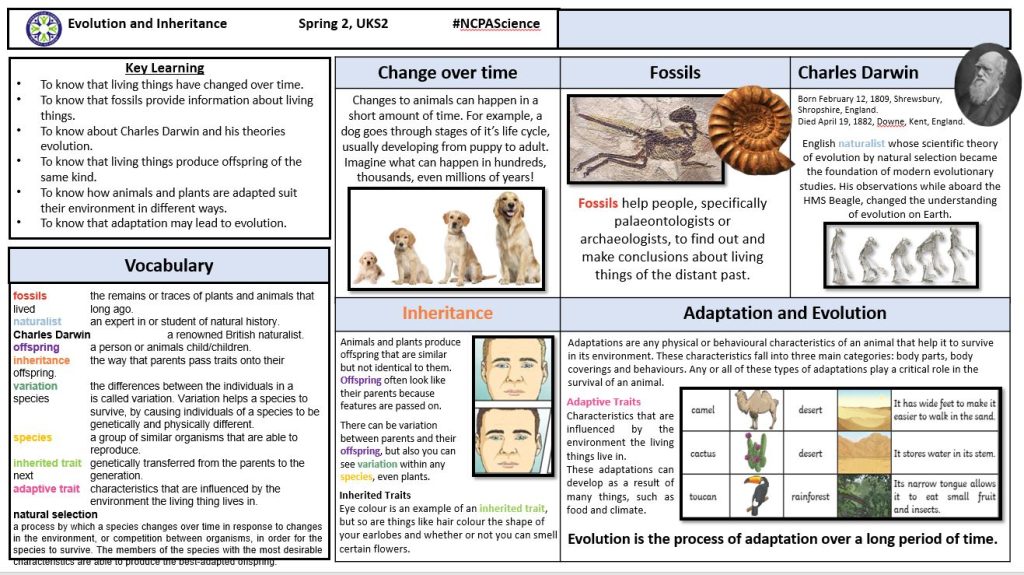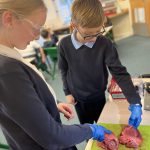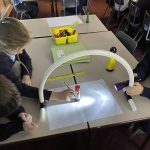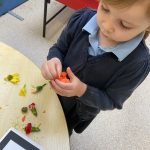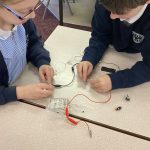Subject Leader : Sarah Bonner
‘The Scientist is not a person who gives the right answers; but is one who asks the right questions.’
Claude Levi-Strauss
Science is the process of learning about the world around us and understanding it through observation, questioning, investigation and evaluation. Science at Normanton Common Primary Academy provides all children with high-quality scientific experiences that allow them to develop their independence, ideas and ways of working, thus equipping them with a deeper understanding of the world.
In Science, pupils will have the opportunity to:
- Develop a secure understanding and skill-set in ‘working scientifically’.
- Ask questions and recognise that they can be answered in different ways.
- Learn how to ask the right types of questions.
- Use a range of scientific equipment and resources.
- Make plausible predictions based on prior knowledge.
- Experience hands-on science activities that allow them to use their ‘working scientifically’ skills.
- Answer questions and construct informed conclusions based on evidence they have gathered via their own investigations.
- Improve their science capital by learning about a diverse range of scientific topics and how these can be transferred into real-life careers.
- Challenge stereotypes by studying a rich and diverse range of individuals who have made a significant impact on scientific developments.
How is the content / theme chosen?
The content is chosen to make effective links with key themes and ensure coverage of the expectations as set out in the National Curriculum programmes of study, as well as the EYFS framework. At Normanton Common Primary Academy we ensure a clear, sequenced progression, which is taught systematically for all pupils to acquire the intended knowledge and skills. The content may be adapted or changed, based upon the needs or interests of specific cohorts.
How do we ensure progression of knowledge and skills?
At Normanton Common Primary Academy we have in place, for each subject area, a knowledge and skills progression document, which is used for planning, to ensure sequenced and appropriate content for specific year groups. Teachers are clear on the learning and expectations for each year group, as this has been carefully selected and mapped out so that children are building on prior knowledge and skills each term and each year. Within these documents there are opportunities for differentiation, in order to meet the needs of all learners.
Click on the link below to see an overview of our Science Curriculum:
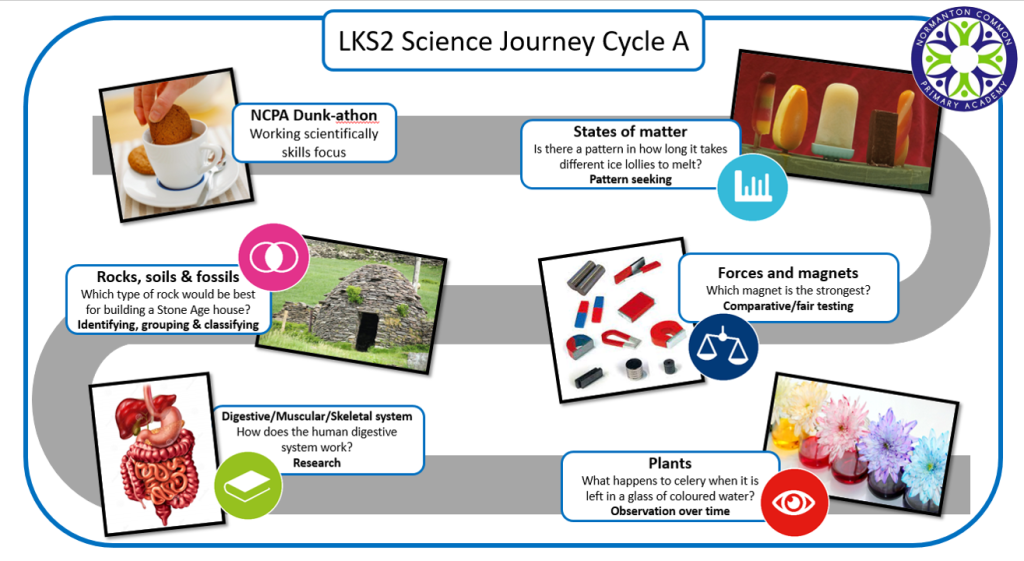
How is the subject taught?
Science lessons are carefully planned through our themes, so that valuable links can be made across other subjects. A two year, long term rolling programme maps out the coverage of the discrete teaching and learning opportunities for children to develop and embed specific skills. This ensures coverage of the National Curriculum, for science across Key Stage 1 and 2 and work within and beyond the Early Year’s Framework across our Foundation Stage. Within each discrete block of science teaching, class teachers carefully plan the specific outcomes for their year group, based upon age appropriate knowledge and skills, as well as the needs of the cohort or individuals within it.
There is a strong focus on developing the scientific vocabulary of our children and retention of this through practical learning opportunities. New vocabulary is taught, with the emphasis on key scientific words and phrases . Although we actively introduce and are ambitious with the language we use, we understand the importance not to over complicate this language with very young children, but ensure underlying principles and meanings of the words are taught and understood.
Children are introduced to and reminded of key vocabulary. Questioning is used to check their understanding and prior knowledge, before new concepts, skills or knowledge are introduced.
Modelling is used by class teachers to clarify expectations, children are then given plentiful opportunities to consolidate, build upon and apply basic skills and knowledge, across a series of lessons, as well as across the year.
When children are learning about a subject through a discrete teaching sessions they are explicitly told that today they are going to be ‘scientists.’ They are then reminded of the key skills that they will learn, use and develop within this subject.
In Science these are:
We are learning to:
- use our five senses
- ask questions
- make predictions
- plan, investigate and set up tests
- observe and measure
- say why and how things happen
- record ideas and findings, then use them to inform our conclusions
- interpret and communicate results
- evaluate
As well as the discrete teaching of knowledge in science lessons, science investigation days are planned to ensure that children have regular opportunities to embed their knowledge and practise their skills throughout the year. Children regularly engage in in practical, ‘hands on’ learning, visits out, as well as visitors to school, to enhance their science experiences further.
Science is one of our key subject drivers in developing the ‘Challenge & Educate’ side of our school curriculum. Through studying a range of people from the past and present, who have had an impact on the world of Science, as well as a range of countries and cultures, children learn about and are taught to challenge stereotypes connected to gender, wealth, disability and cultural background. They are educated that differences should be celebrated and are not a barrier to achievement.
Pupils also have additional opportunities to extend their scientific knowledge and skills through cross-curricular work. Strong links with other subject areas, particularly Maths and English, ensure that children have numerous opportunities to apply skills across the curriculum. Opportunities to learn about significant people, including inventors and explorers are carefully chosen, so that children are continually developing the sense of the importance of science in the wider world. This learning also strengthens the links between science, history and geography.
Through studying a range of people and places linked to science, children are taught to challenge stereotypes connected to gender, wealth, disability and cultural background and are educated that differences, including where you are born or live in the world, should be celebrated and are not a barrier to achievement. Texts relating to science knowledge and concepts used to further underpin this understanding and encourage questions from children. This ensures that elements of the science curriculum are accessed by children throughout the year.
Teaching Science in EYFS
Planning and teaching in EYFS is similar to that in Key Stage 1. The children are expected to develop a specific set of skills and knowledge appropriate to their age. This is often beyond the expectations that are set out in the end of year Early Learning Goals, as we prepare our children with the knowledge and skills they will need in science, ready for year 1.
As well as topic work and the discrete teaching of skills and knowledge, children in EYFS are given the opportunity to explore, investigate, question and continually practise and embed their language and leaning through the areas of provision set up in the indoor and outdoor learning environments.
How do we know that our children are making progress?
Ongoing assessments of the children’s knowledge and skills is observed by the class teacher. Misconceptions are addressed and next steps carefully planned. Children’s outcomes are compared to the subject specific skills and knowledge documents. At the end of a block of discrete teaching (or term) subject leaders gather an overview of children’s outcomes in each subject area. This is used to plan appropriate next steps for their future learning, as well as provide an overview of learning within a subject area across the whole school. End of year assessments are collated for children at the end of EYFS and Key Stage 1.
How do we promote our Curriculum Intent?
Active Citizens
- Children have the opportunity to study the human impact on the world through carefully planned topics, including ocean pollution and deforestation.
- Children have the opportunity to learn about about the human body and how to keep it healthy. They do this through practical experiences and links with other subjects, such as PE and PSHE.
- We ensure that our children are exposed to a variety of scientists and STEM professionals from different backgrounds and parts of the world. We also ensure that the children have exposure to everyday scientists who are from the local area (Science Week 2021 video, dentist visit, archaeologist visit.
Active Learners
- Children are exposed to various enquiry types and will engage in interesting, practical experiments throughout their learning.
- Children work collaboratively to set up/carry out practical experiments.
- Children feel confident to evaluate their experiments and offer suggestions of how to change them.
- Children develop resilience when experiments don’t go quite right or the outcome isn’t expected and learn how to use this to advance future investigations.
- We are passionate about building our children’s science capital. They have the opportunity to learn about jobs in STEM, which broadens their understanding of what being a scientist is and develops their ambition.
- Children develop knowledge and understanding of science questions, in order to ask questions that can be answered through scientific enquiry.
Active Communicators
- Children are taught and encouraged to use subject specific vocabulary.
- Children have opportunities to apply scientific vocabulary to written tasks that link to their English work.
- Children discuss their ideas throughout the whole investigation process.
- We are passionate about our children having opportunities to present their findings in a variety of ways – this could be through an informative poster or a presentation to the class.
- Children are given the opportunity to work with professionals from the STEM community.
- Mixed age extra-curricular clubs are offered throughout the year. These include Science Investigation, Environment (gardening and growing focus) and Eco clubs.
- We provide our children with opportunities for Science through additional projects, such as MAT-wide science weeks, first-hand experiences and whole school science weeks.
What wider opportunities are provided for our children?
Children have the opportunity to experience whole school science weeks, which are usually centred around a theme. Most recently our focus was ‘celebrating working scientifically’ and saw us collaborate with other schools throughout Waterton Academy Trust. We offer an after-school science club, where children with a particular interest in the subject can socialise with like-minded children and engage in interesting experiments.
Children are able to take part in workshops run by expert visitors who aim to enhance the given topic. These experts also allow the children to understand the various job roles that come under the science umbrella. Children have many first-hand experiences in order to deepen their understanding and instil the awe and wonder around certain science topics. An example of this is our Nursery children helping to care for chicks as they hatch and grow, as part of their learning on life cycles. We also aim to utilise our fantastic outdoor area, which is brimming with natural science. Children have the chance to explore the wildlife area, our two bug-hotels and the outskirts of our field when studying living things and their habitats.
Knowledge Organisers:
